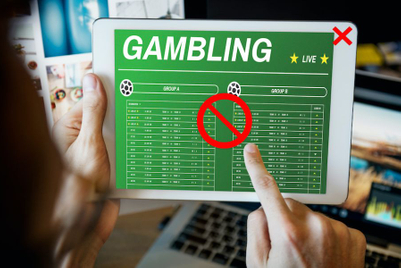
| PARTNER CONTENT |
The mobile app marketplaces around the world are hyper-competitive. In particular, online play stores go through a strict review and approval process before the game is made accessible to players.
The journey of a app developer doesn’t just end there. After making it to the App Store or Google’s Play store, a game must then appeal to the masses to gain user adoption, while at the same time, the developer must then seek to monetise the app via advertising.
Let us first look at what makes gaming apps so great for brands.
Gaming apps are the most brand-safe environments
Before a game is accessible and ready to be played, it must go through a strict review and approval process. If the content or experience is deemed unacceptable, then the game will never be released on the App Store or Google’s Play store.
Additionally, game developers have adopted an open-source mentality, supporting brand safety and viewability measurement from vendors like Moat and Integral Ad Science.
Finally, games are policed, accountable and generally free of any user-generated content (UGC), which provides an environment without any trolling, hate speech or offensive content. One could say that games are a brand safety oasis among the digital advertising industry led by social media giants where UGC is the only content.
Gamers are fully immersed in the content
Gaming environments are ideal for advertising and a good advertising strategy can help game makers monetise. With a mobile user being completely focused and already in an “interactive” state playing the game, they are more likely to interact with an ad.
Yet developers are averse to in-app video as they feel it interrupts user engagement. They believe gamers will invariably close the app and move onto another game instead of watching the video.
So, if a publisher is looking to enhance user experience at the same time ensure conversions, an opt-in or rewarded video is the best way to get users to quickly share, replay a video, download a coupon or fill out a form in exchange for a reward.
Playing a mobile game makes you ready to take action
Aside from providing the best user engagement, rewarded ads have a higher chance to increase in-app conversion as they incentivise users with extra points or other game currency and therefore are seen to be more attractive than pre-roll ads.
With a gamer ready to take action, by creating an engaging mobile ad experience: buffer-free video playback in apps, crystal clear sound and picture quality – almost similar to a gaming environment – and a variety of post-video experiences that drive consumer actions, these immersive ad experiences will allow publishers as well as marketers to cut through the ad clutter and target consumers in real time.
Ultimately, ads which capture user attention alone hold the key to good advertising.
Aaron Chan is director of publisher development with AdColony Asia Pacific
Check out AdColony’s Summer 2017 Publishing Survey for more details about how mobile app publishers can drive better monetisation and user engagement with rewarded videos.
| READ MORE ON THE ADCOLONY HUB |





.jpg&h=334&w=500&q=100&v=20250320&c=1)


.png&h=334&w=500&q=100&v=20250320&c=1)


.jpg&h=334&w=500&q=100&v=20250320&c=1)




.jpg&h=268&w=401&q=100&v=20250320&c=1)


